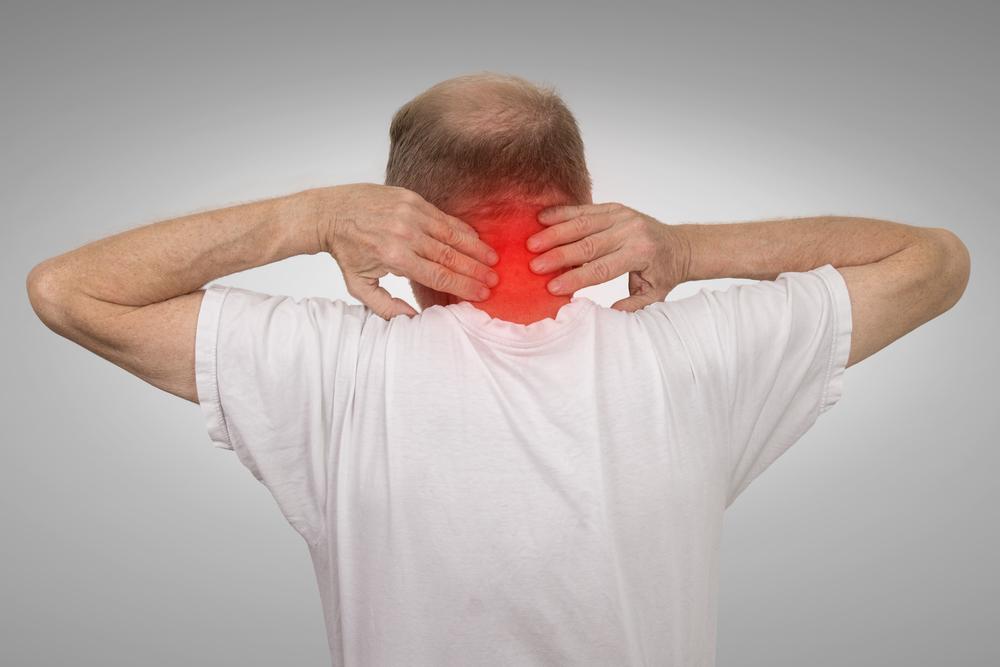Recognizing Early Symptoms and Understanding Parkinson's Disease Prognosis
This article explores the early signs and symptoms of Parkinson's disease, its causes, and management options. It discusses how the disease affects life expectancy, the latest treatments available, including surgical options like deep brain stimulation. Understanding these aspects can help in early diagnosis and effective management, improving quality of life for those affected.

Recognizing Early Symptoms and Understanding Parkinson's Disease Prognosis
What is Parkinson's disease?
Parkinson's disease is a progressive neurodegenerative disorder that impairs motor skills. Individuals with this condition often experience muscle stiffness and cognitive decline. It develops gradually over years and affects patients throughout their lives.
Causes of Parkinson's disease
Dopamine, a key neurotransmitter in the brain, is crucial for controlling movement. When dopamine production diminishes, it hampers motor function. Damage occurs primarily in the substantia nigra region, disrupting communication between brain parts responsible for movement.
Damaged dopamine cells (about 80%) lead to Parkinson's, which is classified as neurodegeneration. While genetic factors play a role in some cases, most instances are sporadic without family history.
Signs and symptoms of Parkinson's disease
Symptoms usually progress slowly, initially affecting one side of the body and later spreading. Environmental factors and exposure to toxins are also linked to its development.
Early indicators include:
Hand or limb tremors
Difficulty walking
Chronic constipation
Postural stooping
Facial masking
Dizziness
Muscle stiffness
Bradykinesia (slowness of movement)
Balance and coordination issues
Loss of smell
Sleep disturbances
As the disease advances, individuals may experience voice softening, speech challenges, gait problems, and difficulty performing daily tasks, with some facing swallowing issues or depression in severe cases.
Diagnosis relies on medical history and neurological exams, as there are no specific lab tests. Though incurable, symptoms can be managed with medication or, in some cases, surgery such as deep brain stimulation (DBS).
Life expectancy with Parkinson's disease
Men are more frequently diagnosed than women, with typical onset around age 60. The overall lifespan for Parkinson's patients aligns closely with those without the condition. Treatments like DBS involve implanting electrodes to stimulate affected brain areas, improving movement control.










